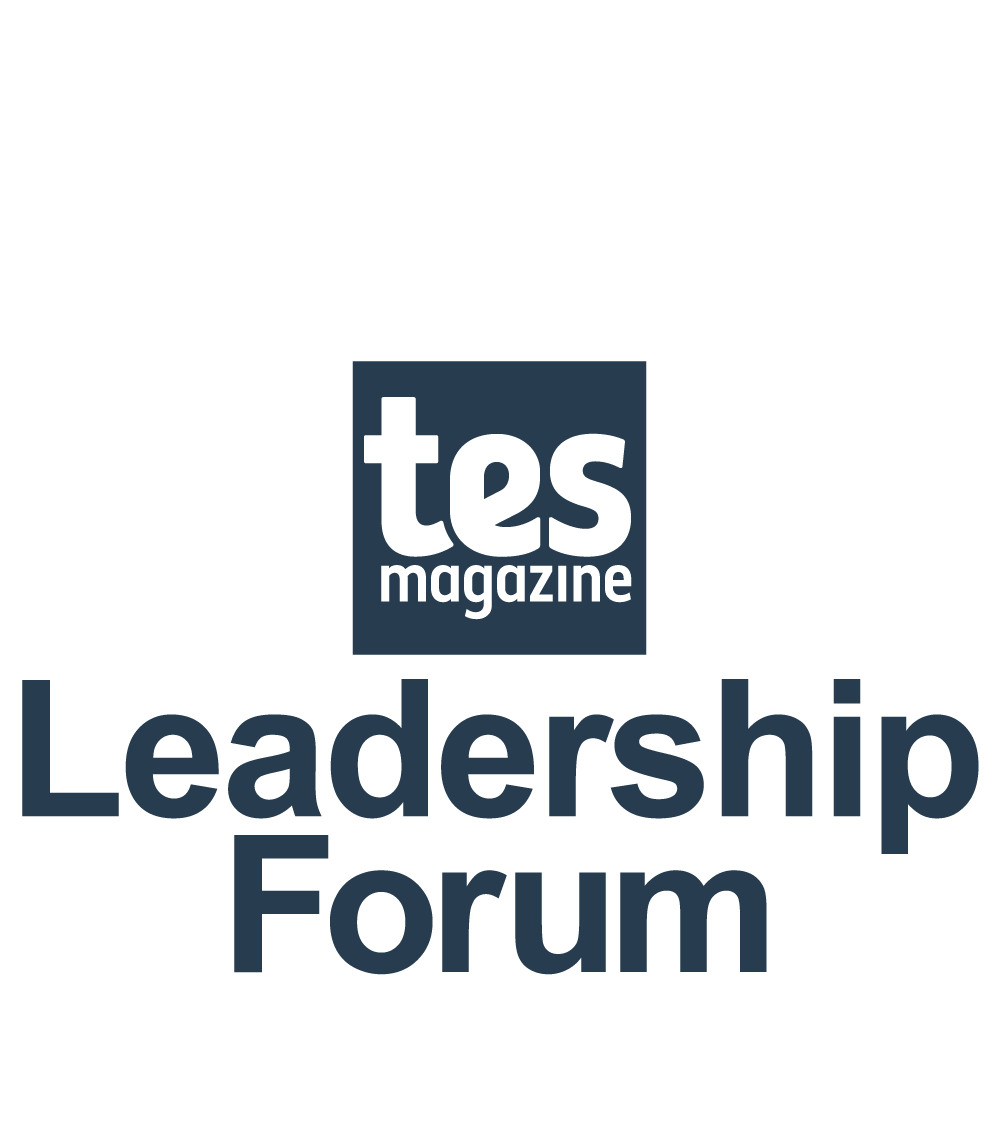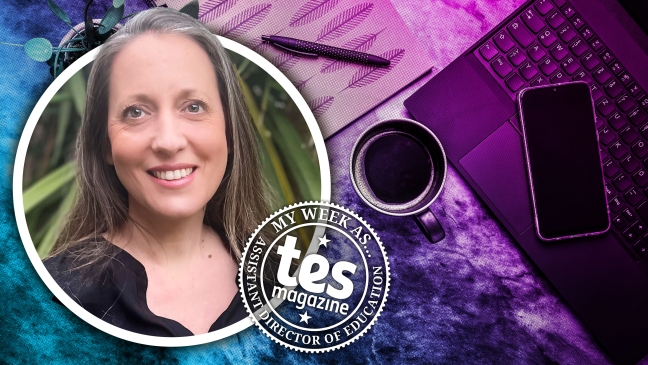My week as...assistant director of education for SEND at Greenshaw Learning Trust
Share
My week as...assistant director of education for SEND at Greenshaw Learning Trust
Amelie Thompson is the assistant director of education for SEND and special provision at Greenshaw Learning Trust, which has schools in South London, Surrey, Berkshire, Gloucestershire, Bristol and Plymouth.
She has been in post for more than a year, having started in the new role in September 2023. Before this, she had worked as head of inclusion at the Gipsy Hill Federation in London.
Thompson spoke to Tes about the importance of leadership of special educational needs and disability (SEND) within trusts, and how her role at Greenshaw is focused on ensuring that staff have the knowledge they need as well as making sure that a focus on SEND is “built-in and not bolted on” to the trust’s work.
Carrying out SEND reviews in schools
One of the main areas of my work is on our school SEND reviews. All our schools engage in an annual review process delivered by the trust’s school improvement leads for SEND. This is very much embedded into the ethos of Greenshaw Learning Trust and has been established as part of the core offer for schools over a number of years.
The approach continues to evolve, with a focus on what will have the most impact on enabling schools to take a built-in approach to SEND as an integral part of school improvement.
The approach is differentiated according to phase as well as where schools are on their improvement journey, in partnership with headteachers and Sendcos.
All schools also have a SEND compliance review - this is about assurance that core statutory duties as well as the foundations of our agreed approaches for SEND are in place.
Primary schools will then look at SEND through the lens of a quality of education review. At secondary, the focus is on diving into school improvement areas that are a particular priority through the SEND lens.
At some point in any week, I will engage with this review process at schools, because it is recognised as a high-leverage impact and supportive activity that ensures SEND is at the core of our school improvement.
Supporting resourced provision
Another key area of my working week is supporting our schools with specialist resource provisions.
We have 34 schools, 10 of which have specialist provisions, including three schools with large, highly specialist resource bases.
My role sees me working with local authorities and the schools with specialist provisions to make sure we are enabling all our leaders to focus on the delivery of children’s entitlement to high-quality education provision, and to have the right structures in place around the provision to maximise opportunities for pupils. I will also look at what we can be doing to leverage partnerships.
SEND leadership and distributing knowledge
A third key area is what I would refer to as distributed leadership and distributed knowledge of SEND.
This can involve looking at how we build capacity for our Sendcos, and those who are engaged in the line management of our Sendcos, and looking at the whole-school organisation of SEND.
I want to ensure that we are enabling structures that support distributed leadership, thinking about who needs what knowledge and how this can be made easily and readily accessible.
We need to ensure we maximise professional development opportunities and scaffold available pathways to bring SEND leadership to the forefront.
I also want to make sure that we are responsive to the changing landscape and the challenges that our schools are facing, and looking at what can be done collectively within the trust to support that. SEND leadership in schools can present specific challenges, so from that perspective, we want to ensure we are providing both proactive and responsive support.
A school might request support on something specific. When this happens, we look at how we - both myself and the two school improvement leads in my team who have a particular focus on SEND - can structure our week so that we can best provide this support.
Developing trust strategy
Greenshaw Learning Trust and our schools take a “built-in, not bolt-on” approach to SEND and it is embedded into the vision and ways of working that all leaders are leaders for all children, and all teachers are teachers for all children.
Therefore, a key part of my role is enabling the implementation of “built-in, not bolt-on” approaches. For example, the primary school improvement team is currently focused on supporting schools through the development of curriculum principles and the universal offer for all. Adaptive teaching is core to this, so I am working closely with the team in this particular area.
Another key priority is how we positively respond to escalating need - and how our responses drive inclusion and sit within whole-school approaches.
Personal time
I have a nine-year-old and an eight-year-old who are the best of friends, beyond active and not the greatest fans of sleep. Someone once described my life outside of work as a constant residential - that is pretty accurate.
Obviously, though, I wouldn’t have it any other way. I feel very lucky to have two little people who constantly ground me, have wicked senses of humour and always act as a reminder to - in the words of my daughter when I recently found them knee-deep in chaos and plotting their next phase - “find the joy mummy; just find the joy!”
What would I like to do more or less of?
I am a strong advocate for the power of collaboration between mainstream and specialist settings; there is so much that we can learn from each other through effective cooperation.
I would like to build on these opportunities more and develop mechanisms to enable high-quality partnerships.
Building connections is essential to meeting the challenges of our current landscape, and I want to build on our work doing this internally, externally, cross-phase, cross-sector.
Amelie Thompson was talking to John Roberts
For key school and trust leadership insights delivered every month, sign up for the Tes Leaders’ Briefing newsletter





